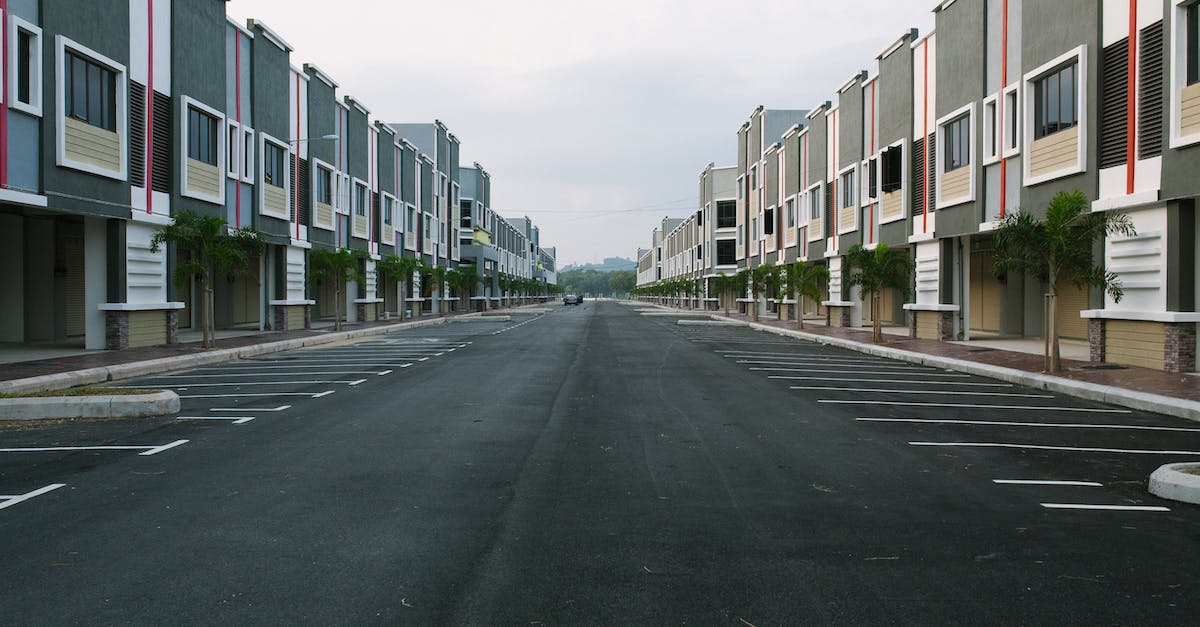Last Updated on January 24, 2024 by CREW Editorial
The Toronto Regional Real Estate Board (TRREB) is applauding Toronto City Council for listening to our concerns and not implementing an increase to the Municipal Land Transfer Tax (MLTT), and, instead, directing staff to conduct a comprehensive study of all revenue tools and options for the City. TRREB had expressed that a potential MLTT increase could further constrain the supply of homes for sale in Toronto, thereby exacerbating housing supply and affordability challenges, especially for those purchasing modest homes.
“TRREB understands and appreciates the budgetary challenges faced by the City of Toronto, but addressing those challenges in a way that would have made housing even less affordable would have been the wrong path forward. In fact, it would have been a step backward. We applaud Mayor John Tory and City Council for not moving ahead with the proposed MLTT increase and instead focusing on a more comprehensive discussion on revenue options, which TRREB looks forward to participating in. We believe that City Council took the right approach by directing staff to study all revenue options, instead of narrowly focusing on the MLTT,” said Lisa Patel, TRREB President.
TRREB’s concerns stemmed from the potential for City Council to reconsider a proposal, which was initially tabled and defeated at the City’s Budget Committee, to increase the MLTT on homes priced over $2 million by an additional percentage point – a 40 per cent tax hike1 even though inflation in Toronto was below one per cent in the Toronto CMA in 2020 and will likely approach two per cent in 2021.
“On first blush, it may be tempting to raise land transfer taxes on buyers of homes priced over $2 million, and we are glad that City Council instead considered the facts that TRREB presented. In particular, an average priced home in Toronto last year was almost $1 million and this typically represents a modest home by Toronto standards. The average price of a detached home in Toronto was almost $1.5 million in 2020,” added Patel.
“TRREB also pointed out that any increase to the already high land transfer taxes in Toronto could discourage move-up buyers from listing their homes for sale, with many of these households choosing to renovate instead, which would mean more modest homes will not become available for those looking for more affordable options,” continued Patel.
Currently, a home buyer purchasing a home priced at $2 million in Toronto pays $36,475 in MLTT to the City, and another $36,475 in provincial Land Transfer Tax to the province, for a total of $72,950 in upfront taxes. These properties are already taxed at the highest land transfer tax level in the country at almost four per cent of the property’s value, for which they get no additional city services. This sum arguably equates to a fairly large renovation expenditure, which could prompt many households to renovate their existing home rather than choosing to move and make two upfront LTT payments. The end result could be further constraint on an already short supply of housing.
The focus should instead be on helping first-time home buyers with the MLTT rebate, which has not kept pace with inflation in the housing market. Most first-time buyers now pay an MLTT which amounts to an upfront $25,000 on the average priced home, half of which goes to City Hall and the other half to the province. TRREB looks forward to providing input on this issue as City staff study all aspects of revenue tools available to the City, as directed by City Council.
“TRREB has repeatedly informed all levels of government that the cause of housing affordability challenges is an inadequate supply of housing. City Council should be doing whatever it can to increase the supply of homes for sale. Adding more cost to home purchases, regardless of what the home’s price point is, will tighten the housing market even more by forcing more people to be stuck in place, instead of selling what could have been an affordable option for some home buyers. City Council must resist the temptation of short-term gain in tax revenue, and instead continue their proactive work on promoting the development of more missing middle housing in Toronto neighbourhoods,” said John DiMichele, TRREB CEO.
TRREB is also cautioning City Council that relying on the MLTT could be risky.
“Revenues based on land transfer taxes can be volatile, especially when increasing reliance on certain segments of the housing market. City staff has made this point to Council in the past. For example, the Ontario Fair Housing Plan and the OSFI two percentage point mortgage stress test arguably played a role in the declining share of luxury home sales in 2018 and 2019 before we saw a rebound in 2020. It is possible that changes in economic growth or changes in housing policies could impact home sales in the future and therefore revenues for the City as well,” said Jason Mercer, TRREB Chief Market Analyst.
Since the MLTT was introduced in 2008, the average home price in the City has increased by approximately 140 per cent while the MLTT collected by the City on the average priced home has increased by 340 per cent,2 more than double the rate of housing price inflation in the City over that period.









